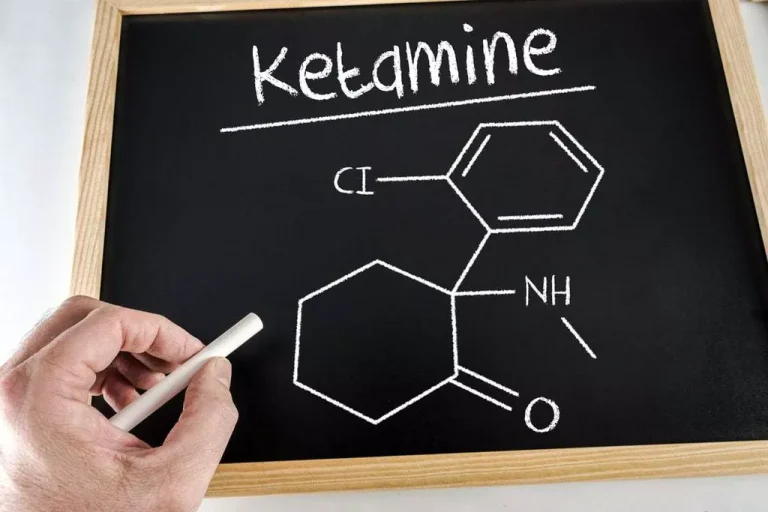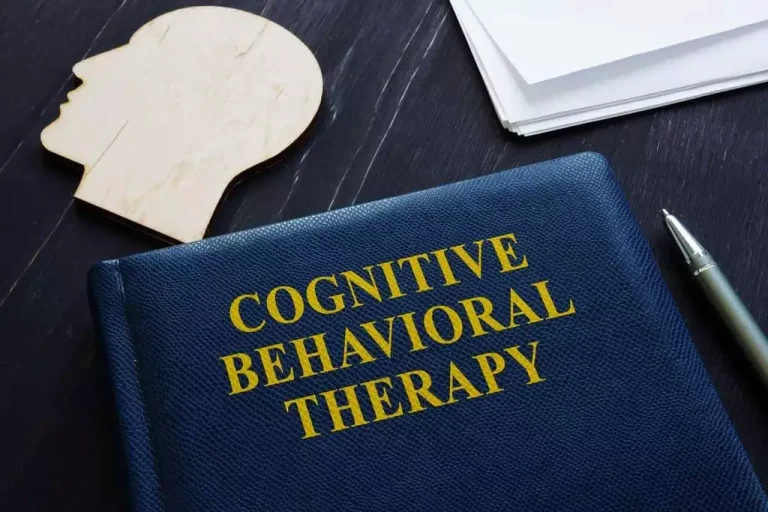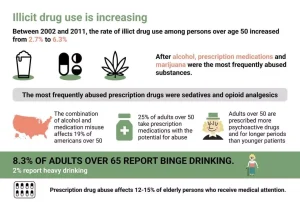Top Meditation Techniques to Fight Addiction
Is it possible to be somewhere without actually being there? We’re talking to our kids or watching TV or sitting in a meeting, but our mind’s a million miles away. Usually, we’re feeling stressed about something that happened in the past or feeling anxiety about what might happen in the future. How Do I Choose…

Is it possible to be somewhere without actually being there? We’re talking to our kids or watching TV or sitting in a meeting, but our mind’s a million miles away. Usually, we’re feeling stressed about something that happened in the past or feeling anxiety about what might happen in the future.

How Do I Choose a Type of Meditation?
Your goal is to observe your feelings and thoughts without engagement or judgment. Although it’s a helpful tool for managing stress through recovery, it’s not a replacement for treatment. You’ll still need to undergo professional treatment and support https://ecosoberhouse.com/ for long-term sobriety. You know yourself best, so if you need more than just mindfulness and meditation, feel free to explore other options. Fortunately, practicing mindfulness and meditation techniques doesn’t require special equipment or training.

Can mindfulness really help prevent relapse?
They can then use their other recovery tools to keep destructive behavior at bay. Most of us in addiction recovery are former escape artists looking to avoid the stress and anxiety that comes with daily life. Being present and mindful helps us learn to cope with reality as it actually is—not how we perceive it. Studies have shown that mindfulness activities can actually reshape your brain in positive ways, improving physical and mental health and promoting overall well-being. It can help tame your anxiety, provide a greater self-awareness, and help you acknowledge and cope with emotions that may not be rooted in reality.
- While we have outlined one basic philosophy / form of meditation in the links below, if you already have a proven meditation technique — then we encourage you to combine & enhance it with our audio technology.
- Fortunately, practicing mindfulness and meditation techniques doesn’t require special equipment or training.
- These things include the most mundane habits, like scrolling on social media or brushing your teeth.
- And according to a study published on the nih.gov, meditation practices can be an effective adjunctive therapy for relapse prevention in alcohol dependence.
- In fact, philosophers have always known—and science has more recently confirmed—that there is tremendous value in allowing ourselves to step away from the busyness of daily life and simply be.
What are Some Recovery Meditation Techniques?
Fourteen percent purported that they were unable to receive their needed services, and 2% say they were unable to access naloxone services. Individuals who practice meditation gain insights into themselves that help them make decisions meditation for addiction recovery that support their physical and mental health and wellbeing. Recovering addicts who keep in touch with themselves through daily meditation are more likely to recognize early warning signs that they may be headed for relapse.
- Recovery is possible, and adopting a holistic approach that includes meditation can be incredibly beneficial.
- Meditation is ultimately intended to ground you in the moment, and most people report feeling extremely calm afterward (and some even fall asleep during their meditative practices).
- In this post, we’ll provide a guided meditation script specifically designed for addiction recovery.
- You don’t need any special training or equipment to practice mindfulness and meditation.
- Some common pieces of advice that people in recovery receive are to stop judging themselves and others, to listen to their bodies, and to implement some structure and stability into their lives.
As cravings continue to arise, especially in early recovery, individuals can observe their thoughts and desires without having to act on them. Recovering addicts learn that they are not responsible for their thoughts, but they are responsible for how they react to those thoughts. Through meditation they can acknowledge their addictive thoughts without trying to push them away, yet choose the path of recovery. Mindfulness meditation sessions, yoga practice and religious services can all promote a sense of inner stillness. So can gazing at the night sky, watching the ocean’s waves, or immersing yourself in activities like exercise, gardening, woodworking, painting or playing music—any moment you can spend with yourself.
Meditation in Addiction Treatment
Your treatment team can help you to select a type of meditation that will benefit your addiction recovery. Guided meditation involves a facilitator that guides you through a visualization exercise. You sit in a relaxed position with your eyes closed and take several relaxing deep breaths. The facilitator takes you through a scenario as you use your imagination to feel various states such as happiness, peace, connection, or growth. This type of meditation helps you to explore your inner feelings, thoughts, and reactions. Check out these guided meditations, or find many others online.


Recovery from alcohol and drug addiction is possible, for you or a loved one. In mantra meditation, you would select a particular word or phrase and repeat it. You can repeat the mantra loudly or quietly, and the repetition allows you to focus on the environment around you. It’s well-documented that judgment of emotions intensifies emotions. Fostering a nonjudgmental, compassionate approach toward yourself is essential to maintain sobriety.
- One year later, the mindfulness-based program proved to be more effective than the other two in reducing drinking and drug use.
- Choose an activity you like doing such as walking, tai chi, or yoga.
- Is it possible to be somewhere without actually being there?
- Doing this regularly may take practice, but it’s one of the easiest mindfulness exercises we practice.
A. Create a safe and comfortable space where you can sit or lie down without interruptions. Set a clear intention for your meditation, such as cultivating self-compassion or exploring the roots of your addiction. Meditation has been practiced for thousands of years and is now backed by a growing body of scientific research that demonstrates its numerous benefits.


